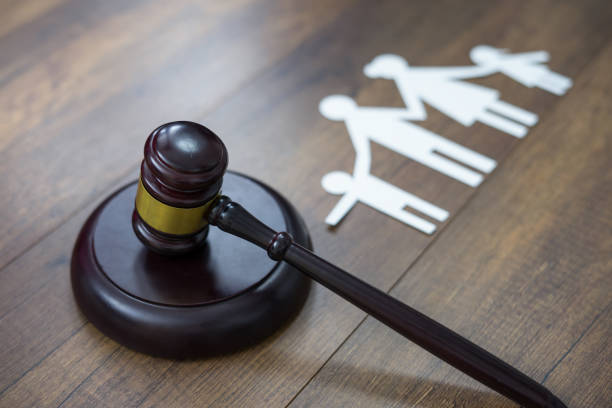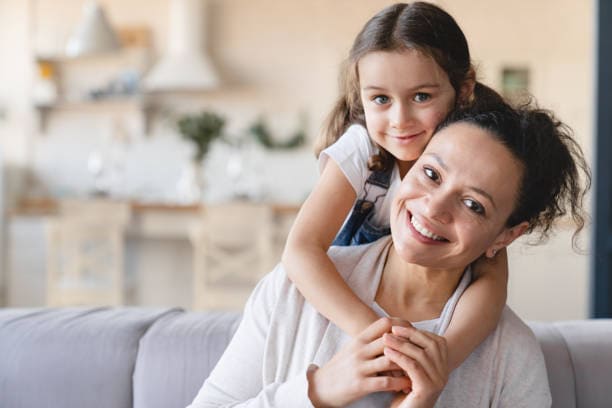Parents have the legal responsibility to provide for their children’s basic needs and to protect them from harm. In this article we outline parental legal responsibilities under the scope of family law.
What Is the Legal Responsibility of Parents?
What is parental responsibility or legal responsibility? It refers to the legal rights, duties, powers, responsibilities, and authority that parents have in relation to their children. For one, it covers all the decisions that parents have a responsibility to make for their child. This includes day-to-day decisions such as:
- what the child eats,
- wears, and
- watches on TV
It also includes long-term decisions concerning the child’s health, education, and religious observance. In Australia, the Family Law Act 1975 (Cth) defines parental responsibility as “all the duties, powers, responsibilities and authority which, by law, parents have in relation to children.”
Typically, both parents equally share the role of making decisions for the child pertaining to major long-term issues such as where a child will go to school, major health issues, and religious observance.
Parental responsibility is important because it ensures that parents are responsible for making decisions in relation to their child and that they have the power to make decisions that are in the best interests of their child. It also means that parents have a duty to provide financially for their children and to protect them from harm.
What Are Some Legal Responsibilities of Parents in Australia?
The legal obligations, rights, and responsibilities of parents in Australia are defined by the Family Law Act 1975 (Cth) and include the following:
Legal Responsibility of Parents:
- The duty to provide financially for the child.
- The duty to protect the child from harm.
- The duty to provide the child with food, shelter, clothing, and access to medical care if they are sick or injured.
- The duty to maintain the child is a primary duty imposed equally on both parents.
- The duty to ensure that the child attends school.
- The duty to ensure that the child is properly cared for and supervised.
- The duty to ensure that the child does not experience family violence or abuse.

What Does the Shared Legal Responsibility of Parents Mean?
Shared legal responsibility is a concept that refers to the equal sharing of the decision-making responsibilities between both parents of a child. When parents separate, they both have parental responsibility for the child, subject to any court order.
Under the Family Law Act, shared parental responsibility means that both parents equally share the role in making decisions for the child pertaining to major long-term issues such as where a child will go to school, major health issues, and religious observance. This means that parents need to make all decisions concerning major long-term issues for the child, jointly.
If parents cannot agree on parenting arrangements, they may need to seek assistance from a family dispute resolution practitioner or apply to the Court for a parenting order.
A parenting order is a legal document that sets out the arrangements for the child’s care, welfare, and development. The Court may make an order for equal shared legal responsibility or sole parental responsibility, depending on the circumstances of the case like the parent’s work, health, and safety obligations for their children.
Note that in October 2023, the government passed a bill effectively repealing the presumption of shared responsibility. The reforms place an increased emphasise on the importance of considering the best interests of the child.
Legal Responsibility of Parents: Vicarious Liability
In addition to these basic legal responsibilities, parents may be legally responsible for their children’s actions. For instance, consider these two situations in which parents can be liable for the actions of their children in NSW:
- Negligence. If a parent is negligent in supervising their child and the child causes harm to another person, the parent may be held vicariously liable. For example, if a parent leaves their young child unsupervised in a public place and the child injures another person, the parent may be held liable.
- Dangerous activities. A common situation for this is that if a parent allows their child to drive a car without a licence and the child causes an accident, the parent may be held liable.

Seek Professional Advice From a Family Lawyer
If you are facing parental responsibility issues, it is important to seek legal advice from an experienced family lawyer. A family lawyer can help you understand your options, and can represent you in court if necessary. There are many benefits to hiring a family lawyer when facing parental responsibility issues. A family lawyer can help you:
- Understand your options under the law
- Negotiate with your ex-partner or the other parent
- Represent you in court if necessary
- Protect your child’s best interests
JB Solicitors can help you navigate the legal system and protect your child’s best interests. Don’t hesitate to contact us and schedule a consultation.
